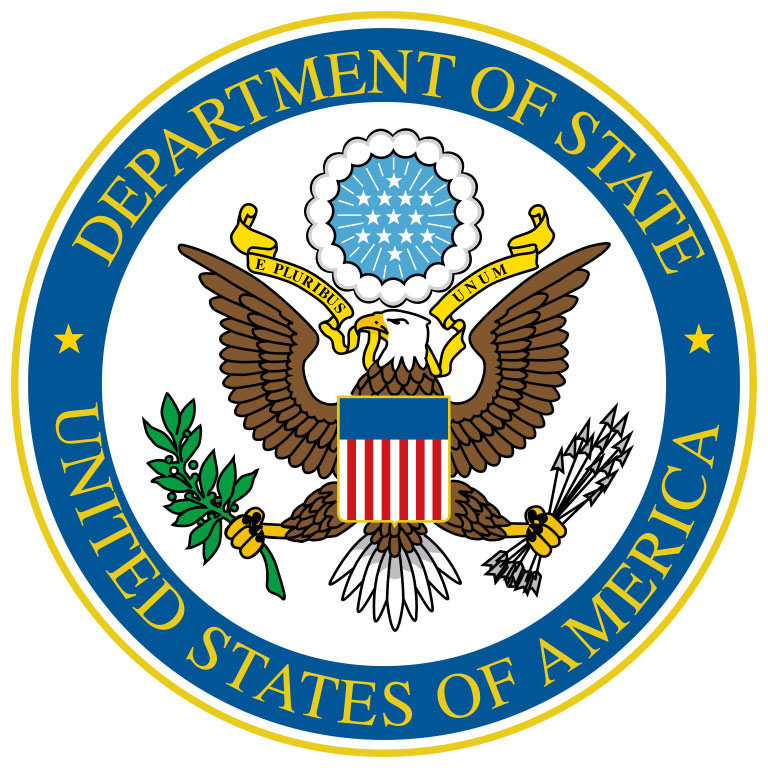Here’s Your Guide to Applying for a U.S. Student Visa in Guyana
The United States is once again the top host destination for International Students. This year’s theme for International Education Week is “Open for Opportunity,” which underscores that following the impact of the COVID-19 pandemic, the United States is open for students to obtain a world-class education at U.S. institutions. This month’s column provides an overview of the Student Visa Process so that you can take advantage of this opportunity!
Q: I would love to study in the United States. Where do I begin?
Your first step in the process is to research your options to find a college or university that best fits your needs. Choosing the right college is a difficult process for any student, but it can be especially challenging for international students. EducationUSA.state.gov has programs available to help you narrow down the options with Your 5 Steps to U.S. Study. The U.S Embassy also offers free educational consultations through our EducationUSA office. You may make an appointment at https://calendly.com/amajeed-1/educationusa-virtual-advising to speak with one of our EducationUSA advisor.
Q. I have been accepted by a US educational institution for study in the United States. How do I apply for the visa?
Congratulations on getting accepted! We welcome all qualified students to apply for a student visa and we prioritize student visa appointments to ensure that students can arrive in the United States in time for their program. To apply for your student visa, simply follow the visa application instructions at https://ais.usvisa-info.com/en-gy/niv/information/niv.
Your school will register you in the Student and Exchange Visitor Information System (SEVIS) and you must pay the SEVIS fee and obtain an I-20 Form from your school. Bring the receipt of payment and I-20 Form with you to the interview.
Q: I paid my SEVIS fee and received my Form I-20. When I have my interview, what is the officer going to ask me?
The consular officer will generally ask you about three things: your plans to study, your plans after graduation, and how you are going to pay for your tuition fees. Hopefully you have already considered these topics during your application process. Bring any documents that help make your case, including letters and bank statements from financial sponsors, leave of absence letter for your job if applicable, high school transcripts, job offers for after graduation, etc.
Q. Can I take my spouse and children to the U.S. with me for the duration of my studies?
Yes. Spouses and children may accompany the principal applicant on separate “F2” or “M2” visas. Each applicant needs a separate visa appointment and families may apply together if they can secure appointments at the same time.
Q. What happens after I have been issued a student or exchange visa?
As a new student, you will be allowed to seek admission into the United States on your student visa within 30 days of your school’s start date. Once a visa holder arrives in the United States, the US Department of Homeland Security then takes over as the responsible agency for entry into the country, as well as issuing and enforcing international student regulations.
Q. I still have a few questions on the overall process. Where can I find additional resources?
The U.S. Embassy has four American Spots located at the National Library in Georgetown, New Amsterdam and Linden, and the University of Guyana Library. These American Spots have resource materials about U.S. universities, guidance for the application process, information on standardized testing, and financial aid. Check them out!
Also, for more detailed information on the Student visa process, you may go to https://travel.state.gov/content/travel/en/us-visas/study/student-visa.html#documentation.
***
“Ask the Consul” is a monthly column from the U.S. Embassy answering questions about U.S. immigration law and visa issues. Detailed information about visas and travel can be viewed at https://gy.usembassy.gov/, https://ais.usvisa-info.com/ and https://travel.state.gov/. Applicants are strongly encouraged to prepare their own documents and avoid third-party advice. U.S. Consular rules change frequently, and non-US government advisors often provide inadequate or inaccurate information. Please contact our Visa Information Service Center on toll free numbers: 1-877-246-6788 or 703-988-5765 if you have general visa questions.”









